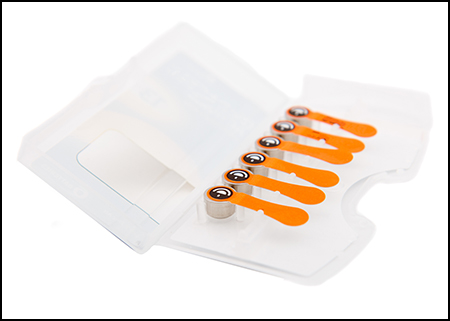- Home
- About Us
- Meet Our Team
- Patient Forms
- What To Expect At Your First Visit
- How The Ear Works
- Insurance And Financing
- Services
- Hearing Evaluations And Testing
- Hearing Aid Fittings
- Hearing Aid Repair
- Custom Earmolds And Ear Plugs
- Chronic Ear Diseases And Conditions
- Pediatrics and Newborn Hearing
- Auditory Processing Disorders
- In-Ear Monitors
- Tinnitus Management
- Online Hearing Test
- Hearing Aids And Lifestyle
- Smart Hearing Aids
- Caring For Your Hearing Aids
- Types Of Hearing Aids
- Hearing Aids We Carry
- OTC Hearing Aids
- How-To Videos
- Hearing Aids
- Types Of Hearing Aids
- Hearing Aids And Lifestyle
- Smart Hearing Aids
- Hearing Aids We Carry
- Caring For Your Hearing Aids
- How To Videos
- OTC Hearing Aids
- Hearing Loss And Brain Health
- Patient Resources
- How the Ear Works
- Types of Hearing Loss
- Patient Forms
- Insurance
- Online Hearing Test
- Blog
- Review Us
- Contact Us
- Book an Appointment
For all that hearing aids give us—often 16 hours or more of audible clarity—they need relatively little in return. A few small actions done daily can mean many years of high performance.
Like the best investments out there, hearing aids are a purchase that pay back quickly. Your dividends of enhanced communication, connection, and enjoyment of life’s daily soundtrack are invaluable. But to maintain their benefits, hearing aids need proper daily care. Below are some quick tips for caring for your hearing aids:
Cleaning
- Clean your hearing aids every day with a soft, dry cloth.
- Keep them dry: never use water, alcohol or cleansers.
- Use a dehumidifier kit regularly to help combat moisture.
- Use a wax loop or brush to remove earwax from the hearing aid or earmold.
- Change your wax filters every 1-2 months or any time your hearing aids sound weak.
- Schedule an appointment for us to replace earmolds and tubing when they become dry, cracked, stiff or discolored.
Storing
- Open the battery door when the hearing aid is not in use.
- Store it in a cool, dry place away from moisture and humidity.
- Protect your hearing aid from excessive heat.
- Never put your hearing aids in a pocket or wrap them in a tissue—use the protective cases they came with instead.
- Keep out of the reach of children and pets.
Care
- Do not get your hearing aids wet. Remove hearing aids when swimming, showering, in saunas or steam showers, etc.
- If your hearing aids get wet, remove the battery and open the battery door. Call us to schedule an appointment to make sure they are not damaged.
- Do not use hair care products (especially hair spray) or apply lotion, sunscreen or makeup to your face while wearing hearing aids.
- Bring your hearing aids in for regular servicing and performance checks.
- Avoid dropping or banging your hearing aids on hard surfaces.

Hearing Aid Batteries
Hearing aids work hard. They get little rest between daily use and have to perform well 365 days a year. It may come as no surprise that this performance requires a fair amount of batteries.
Battery life can vary between different hearing aid models. The exact schedule for changing batteries depends on factors including the size of the battery, the amount of time the hearing aids are worn, and the power requirements of the hearing aid. Depending on your instrument, battery life can last anywhere from 5 to 21 days.
Here are some tips for maximizing your battery life:
- Store batteries in a dry, safe location away from children and pets. Do not refrigerate hearing aid batteries.
- Discard and replace dead batteries immediately, as they can leak and corrode your hearing aid.
- Do not remove tabs until you need the battery. Once the tab is removed, it will slowly lose power.
Never put batteries in your mouth. If a battery is swallowed, call the battery ingestion hotline printed on the back of each pack of batteries immediately.

Keep your hearing aids in top condition with the proper supplies.


